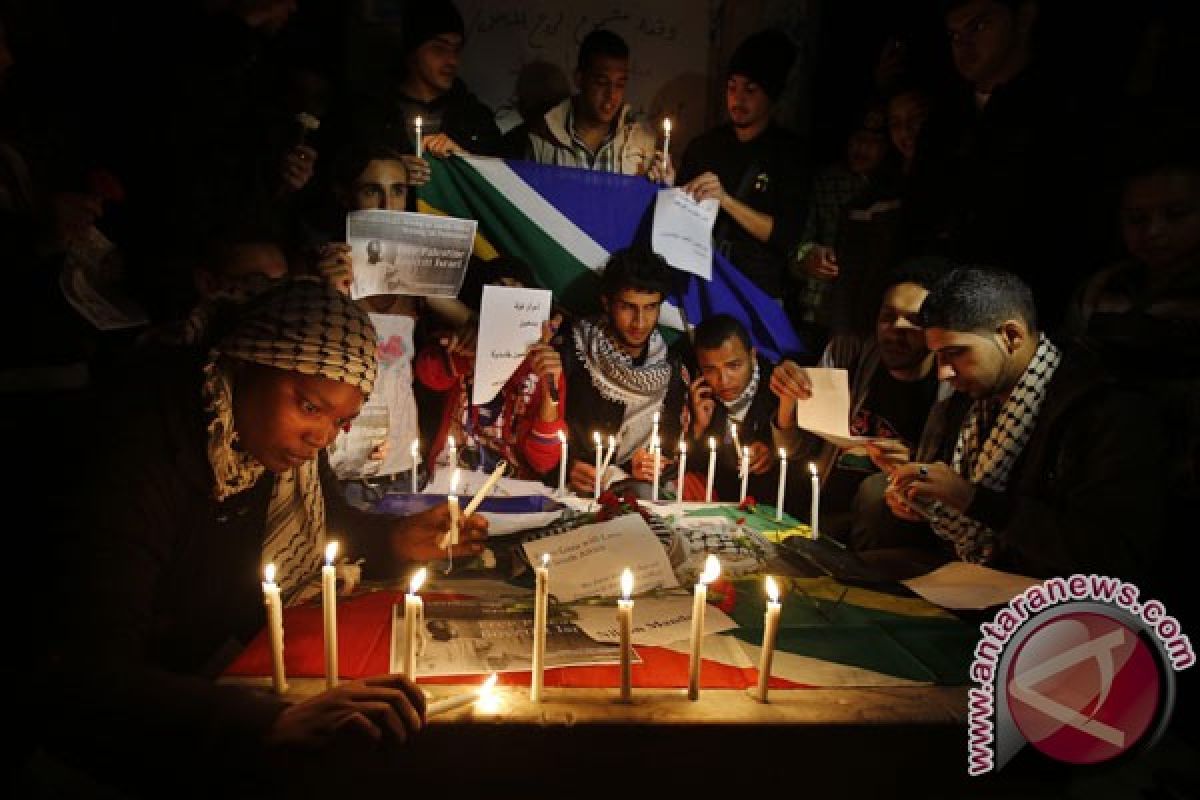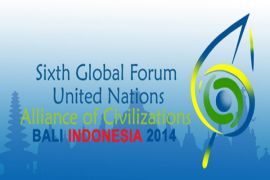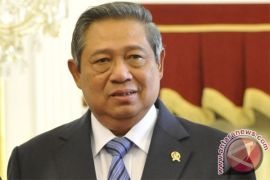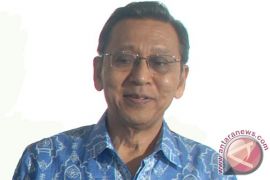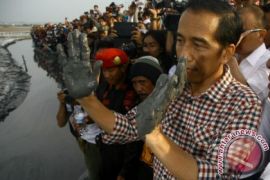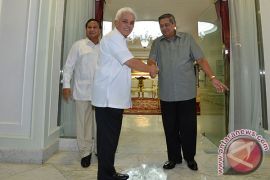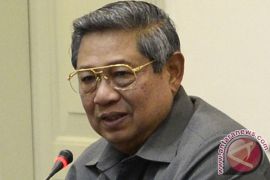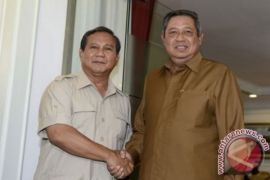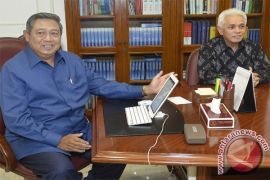We hope that the conference will result in tangible outcomes."Jakarta (ANTARA News) - Indonesia will host the Second Conference on Cooperation among East Asian Countries for Palestinian Development (CEAPAD) in Jakarta, on March 1, 2014, with President Susilo Bambang Yudhoyono and Palestinian Prime Minister Rami Hamdallah expected to give key speeches in the opening ceremony.
Established at the initiative of Japan to back the realization of peace through the "two-state solution," which is a core challenge in the Middle Eastern and North African regions, CEAPAD is an international conference for East Asian countries to discuss new ways of assistance to and cooperation with Palestine for its nation-building efforts.
CEAPAD I was organized by the Japanese government in Tokyo in February 2013, with the aim at mobilizing and sharing East Asian economic development experiences and resources for the sake of Palestinian development.
As a follow-up, Japan hosted a private sector promotion meeting in Tokyo last December. The participants explored ways to strengthen the Palestinian private sector and to enhance their business relations with Palestine.
"We are grateful to Indonesia for hosting the conference (CEAPAD II). We hope that the conference will result in tangible outcomes. Japan, for its part, is planning to announce additional and substantial assistance for Palestine on this occasion," Motohide Yoshikawa, the Permanent Representative of Japan to the United Nations said at the Open Debate of the Security Council On the Situation in the Middle East, in New York, in January 2014.
Since the second meeting II will focus more on the capacity building for the economic development for Palestine, Indonesia has initiated private sector participation in the meeting.
The conference's participating countries are expected to offer concrete contributions concerning the capacity building programs for Palestine, in accordance with its needs and based on what the participating countries can feasibly offer, the Indonesian foreign ministrys Director General of Information and Public Diplomacy A.M. Fachir stated recently.
"In the conference, we will identify what capacities are available in the East Asian countries, which are in accordance with the development programs for Palestine," he noted.
Palestine is currently in need of assistance in the sectors of agriculture, tourism, information and communication technology, and light manufacturing, he pointed out.
Coinciding with the meeting, a "CEAPAD Business Meeting and Trade Expo" will be organized at Hotel Borobudur, Jakarta, from March 1 to 2, 2014, by the foreign ministry in cooperation with the Indonesian Chamber of Commerce and Industry (Kadin)s Committee for the Middle East and the Organization of Islamic Cooperation (OIC) member countries.
Around 30 companies from Palestine and East Asian countries will exhibit specialty products at the trade expo, the chairman of Kadins Middle East and OIC Committee, Mohamad Bawazeer, said on Feb. 22.
Bawazeer was optimistic that the expo would increase awareness and interest of participants in the need to speed development in Palestine.
"Businessmen from Palestine, Indonesia and other CEAPAD member countries will be invited to the Forum," said, adding that the aim of the expo is to demonstrate to the global forum the added value and skills of the Palestinian people.
Indonesia and Palestine are also scheduled to sign a Joint Business Council Agreement between the two countries businessmen. "Businessmen could use the CEAPAD II Business Forum for building their businesses," he said.
Participants of the conference will include officials from Japan, South Korea, Malaysia, Singapore, Thailand, Vietnam, the Philippines, and Brunei Darussalam.
Representatives of international organizations such as the UN, the Arab League, Japan International Cooperation Agency (JICA), Islamic Development Bank (IDB), World Bank, United Nations Relief and Works Agency for Palestine Refugees (UNRWA), and The Quartet Office (UK) and observers from the United States, Australia, India, Norway, Russia, and Middle Eastern nations will also attend the meeting.
Indonesia, a staunch supporter of Palestine, is committed to helping Palestine in becoming an independent state, with a UN full membership status, as well in providing capacity building programs to enable the Palestinian people run administrative functions effectively.
During the New Asian-African Strategic Partnership (NAASP) Ministerial Conference on Capacity Building for Palestine in Jakarta, on July 14-15, 2008, President Yudhoyono had expressed Indonesias commitment to providing training programs for 1000 Palestinians within a five years period (2008-2013).
So far, Indonesia has trained more than 1,200 Palestinians, exceeding the target of 1,000 people. Last year, Indonesia organized among other things a microfinance training for 30 Palestinians, with an aim to boost economic independence in the occupied territories.
Economic development is crucial for the occupied territories of Palestine whose economy has been described as dead by Esther Kuish Laroche, the chief of UNRWAs Donor Relations Division, when she spoke at the International Day of Solidarity with the Palestinian People, in Jakarta, last year.
"Ending the blockade is crucial for any sustainable economic recovery," she added.
Palestine has been illegally occupied by the Zionist state of Israel since more than six decades ago.
Israels military blockade of the Gaza Strip continued to severely affect Gazas 1.6 million residents, according to Amnesty International in its Annual Report 2013 on the state of the worlds human rights.
The report said the Israeli authorities held more than 4,500 Palestinian prisoners, including 178 administrative detainees at the end of the year. Torture and other ill-treatment of detainees during arrest and interrogation was reported.
In more than 60 percent of the West Bank, the Israeli army continued to control planning, zoning and security and regularly demolished Palestinian homes.
Some 604 structures, a third of them homes, and including 36 water cisterns, were destroyed, resulting in the forced eviction of some 870 Palestinians from their homes and affecting at least 1600 others, the Amnesty International wrote.
Israeli settlers continued to attack Palestinian residents and their property with virtual impunity. Palestinian citizens of Israel, particularly those living in officially "unrecognized villages" in the Negev region, were regularly subjected to home demolitions by the Israel Land Administration (ILA) and municipal bodies, according to the AI. (*)
Reporter: Fardah
Editor: Priyambodo RH
Copyright © ANTARA 2014
